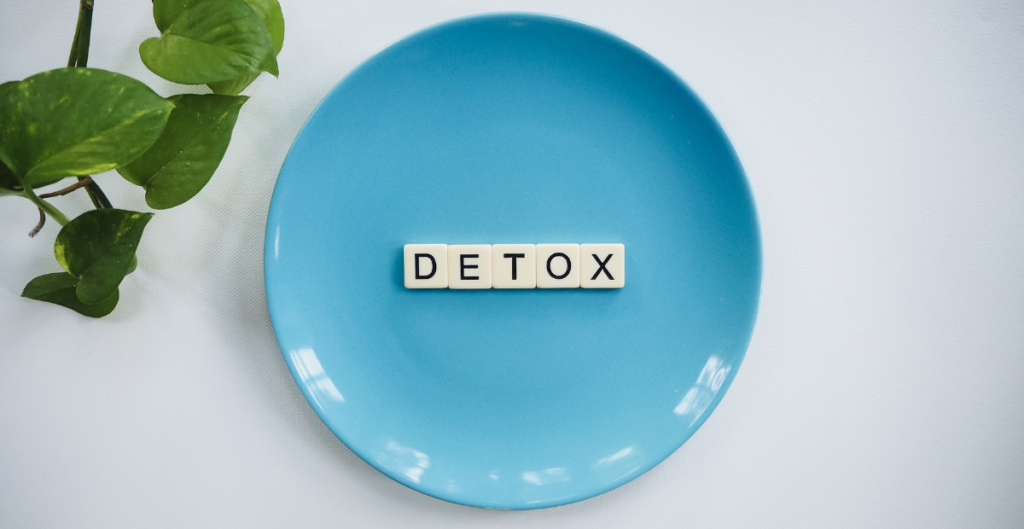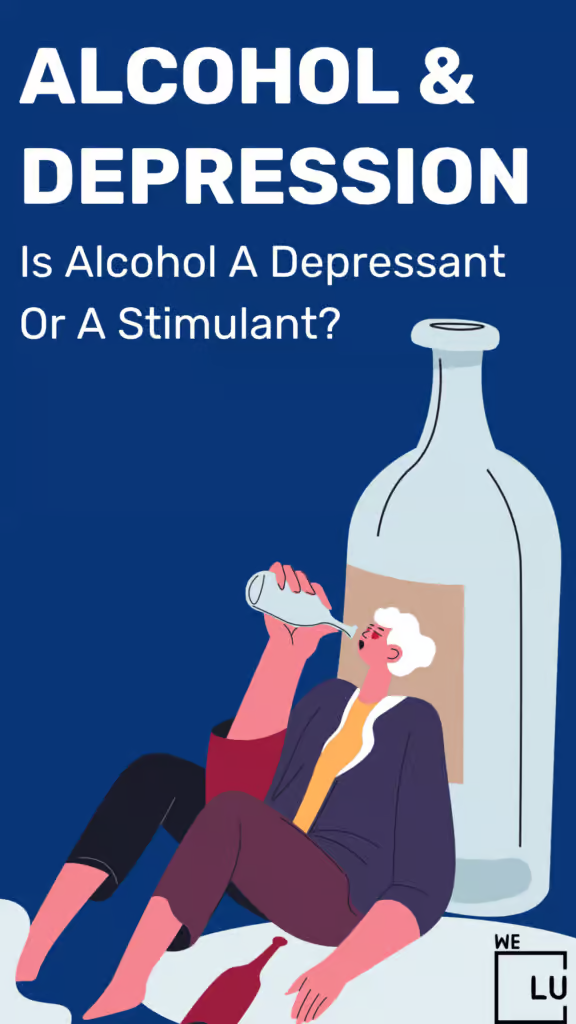What is Alcoholic Nose?
“Alcoholic nose”, a slang term used to describe a swollen, red, bumpy nose, was thought to be caused by drinking too much alcohol. It was believed that this skin condition only affected those with alcohol use disorder (AUD), a medical condition defined by the uncontrollable use of alcohol despite the negative consequences.
What is Rhinophyma?
Rhinophyma is a disfiguring nasal deformity due to the proliferation of sebaceous glands and underlying connective tissue. The name itself is broken down into “rhis,” derived from Greek meaning nose, and “phyma,” also Greek, for skin tumor.
This disfiguring disorder is essential to treat, as patients are subject to psychological distress and respiratory issues when alar thickening can obstruct the external nasal valves. An additional social challenge is a commonly presumed link to excessive alcohol use. The direct causal relationship between rhinophyma and alcohol has not been substantiated and has promoted a social stigma, as colloquial names for this condition include “whiskey nose” and “gin blossom.” “Potato nose” is another common lay description of this type of nose. Hollywood has used rhinophyma to indicate distasteful or villainous characters: in “Snow White and the Seven Dwarfs” (1937), the villain Queen was given a rhinophyma, besides deep rhytids and periorbital swelling.
Progression through acne rosacea begins with pre-rosacea, vascular rosacea, and inflammatory (acne) rosacea, eventually leading to rhinophyma development. Rosacea often starts between the ages of 20 to 30 with excessive facial flushing exacerbated by vasoactive substances, including but not limited to caffeine and alcohol.
Next, the nasal skin thickens and develops consistent erythema due to increased vascularity. Subsequently, patients develop papules and pustules dispersed throughout the face and at times, the scalp and torso: this stage is acne rosacea.
A subset of those with acne rosacea then proceeds to rhinophyma development. While the underlying bony structure remains unchanged, the surrounding nasal skin hypertrophies with the preferential expansion of the nasal tip and alae along with potential airway obstruction. Chronic infection often ensues as the sebaceous fluid thickens and traps bacteria. Finally, hyperplasia and fibrosis of the sebaceous glands and connective tissue occur. The skin mite Demodex folliculorum, known to live in pores and hair follicles, has been linked to this condition with unclear timing of a primary or secondary disease manifestation. [1]

Historically, rhinophyma has been mistakenly linked to alcohol consumption, but there has been no substantiated evidence that excessive alcohol use, is in any way related to rhinophyma. Instead, this incorrect association has created a stigma for individuals with rhinophyma as well as a host of inconsiderate colloquial terms, including:
- Alcoholic nose
- Gin blossom
- Potato nose
- Drinker’s nose
- Whiskey nose
Red Nose Alcohol
Most people have experienced a red nose after a cold, flu, or an allergic reaction. In these cases, the redness is usually due to the dry skin that results from persistent wiping. The nose can also turn red due to skin and blood vessel issues, chronic inflammation, allergies, and a few other conditions.
Why do alcoholics have red noses? Alcohol is a vasodilator, which means when a person drinks it, their blood vessels open up. More blood flow to the skin causes the red, irritated look common with rhinophyma. There is a misconception that being an alcoholic will cause you to form a bulbous and red nose. That nose, sometimes called “drinker’s nose” or “alcohol nose” is actually known as rhinophyma, a side effect of rosacea. Alcohol can aggravate rosacea flare-ups, thus potentially making rhinophyma more severe.
Can alcohol cause nose bleeds? Liver disease, kidney disease, chronic alcohol consumption, or another underlying health condition can lower your blood’s ability to clot and therefore cause your nose to bleed. Alcohol and nose bleeds are indicators that you need immediate medical attention and need to give up alcohol. Alcohol stuffy nose, on the other hand, is a sign of alcohol intolerance. Alcohol intolerance can cause immediate, uncomfortable reactions after you drink alcohol. The most common signs and symptoms are stuffy noses and skin flushing. Alcohol intolerance is caused by a genetic condition in which the body can’t break down alcohol efficiently.
Roseacea
Rosacea is a skin condition that causes the skin to look red and irritated. In some people, rosacea begins as a tendency to blush easily. The redness typically begins on the cheeks, spreading to the nose, ears, chin, and other areas of the face or body. Rosacea is not well understood. Some doctors believe that it occurs when a person’s blood vessels easily dilate and expand, making the skin look red. [2]
In some people, specific triggers cause a rosacea flare-up, including eating spicy food. Four types of rosacea can cause the nose to turn red:
- Erythematotelangiectatic rosacea, which causes flushing, redness, and noticeable blood vessels.
- Ocular rosacea, which irritates the eyes and eyelids but does not typically affect the nose. However, people with this form of rosacea may develop other types of rosacea.
- Phymatous rosacea, which causes the skin to thicken and develop a bumpy texture.
- Papulopustular rosacea, which causes acne, redness, and swelling.
Rosacea is treatable, but some people with rosacea develop permanent redness on their skin.
Symptoms of Alcoholic Nose
The alcoholic nose is characterized by symptoms of rosacea, including:
- Red nose
- Red face
- Bumpy nose
- Red cheeks
- Flushed skin
- Dry skin
- Skin with a purple-like hue
- Broken blood vessels on the nose
- A bulbous nose shape
- Waxy or rough facial or nose skin
- Red patches on the skin
- Red tip of the nose
- Large bumps, pimples, or pustules on the nose
- Enlarged pores on the nose or cheeks
- Swollen nose
In the early stages of rhinophyma or alcoholic nose, these symptoms are mild to moderate. People who have rosacea may not develop an alcoholic nose until years later in life.

Why Have People Associated Rhinophyma with Alcohol Abuse?
Alcohol addiction and skin disorders like rosacea and rhinophyma are linked because alcohol can worsen existing skin conditions. Drinking alcohol dilates the blood vessels, which makes them more likely to burst. Because of this, people who indulge in heavy drinking and have rosacea may experience side effects like an alcoholic nose.
Who is Susceptible to Developing Alcoholic Nose?
While women can be diagnosed with the condition, it is found much more commonly in men. People with fair or light skin tone, or those with a family history of rosacea, are more likely to develop rhinophyma. Rhinophyma is a rare disorder, and the exact cause is largely unknown. However, there are factors that put you at a greater risk for developing the skin condition, including:
- Being male
- Being between the ages of 50 and 70
- Having fair skin
- Having heritage that is Irish, English, Scottish, Scandinavian, or Eastern European
- Having a family history of the skin condition
- Having a rosacea diagnosis
Managing the Effects of Rhinophyma
Before trying surgery, your doctor may try an oral acne medication called isotretinoin. It is a retinoid that is usually prescribed for patients with acne. While it won’t cure rhinophyma, the medication may help to reduce redness and slow or reverse the growth of sebaceous glands that cause enlarged pores and bumpy skin texture. [3]
The most common treatment for rhinophyma or alcoholic nose is surgery. Depending on the severity of your condition, a plastic surgeon can improve both the outer appearance and functionality of your nose by:
- Reshaping any disfigurement of your nose
- Removing any overgrown tissue
- Minimizing blood vessels that are oversized
Rhinophyma Treatment
There is no cure for rhinophyma, but there are several options that health care providers use to address the skin condition and help to improve the individual’s self-confidence and emotional well-being. Each modality offers several different strategies as well. These include:
- Medications. Doctors may prescribe topical treatments and/or oral antibiotics to help manage rhinophyma.
- Surgical procedures Doctors remove tissue and recontour the nose, often using multiple methods during surgery.
- Laser therapies. Radiofrequency and plasma are used to help remove the excess tissue and reshape the nose. [4,5]
Treatment for Alcoholism
If you are an alcoholic, your very first step in recovery should be to medical alcohol detox in a safe and medically supervised setting.
We Level Up TX drug addiction or alcohol treatment center medically assists clients to clear their systems of addictive substances. For anyone who suffers from addiction, just the thought of having to stop drinking alcohol can cause severe mental distress. But, with the help of a medical detox center, the medical detox process is managed.
A comprehensive team prescribing medications can alleviate your withdrawal pains while monitoring your health 24 hours. Assuring both your safety and comfort. We Level Up TX’s thorough approach to rehabilitation supports several levels of care to ensure the best possible outcome for every client who enters our doors. From an intensive and more supportive atmosphere for those in the early days of recovery to a comfortable residential-style living dynamic upon completion of detox, we are here to help guide you down the safe and results-based path to your sobriety.
If you or someone you love is seeking a safe, secure, and compassionate resource for alcoholic nose and alcohol treatment, We Level Up TX is here for you. Call us and speak with an addiction counselor today about our levels of care.

Sources:
[1] Rhinophyma – National Center for Biotechnology Information, U.S. National Library of Medicine
[2] Rosacea – National Institute of Arthritis and Musculoskeletal and Skin Diseases
[3] What to Know About Rhinophyma – https://www.webmd.com/skin-problems-and-treatments/what-to-know-about-rhinophyma
[4,5] Dick, M. K., & Patel, B. C. (2021). Rhinophyma. In StatPearls. StatPearls Publishing.




